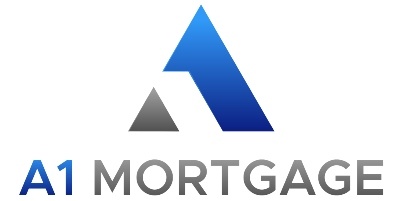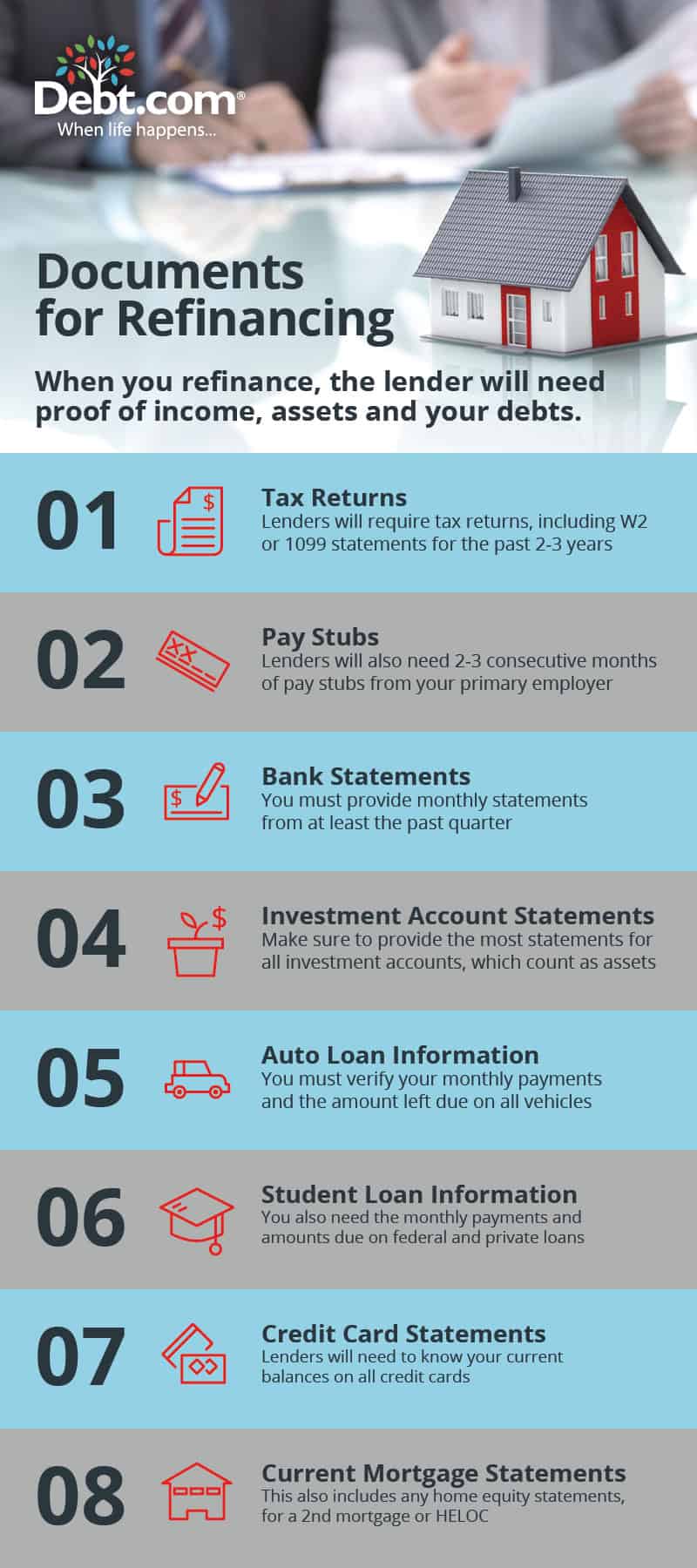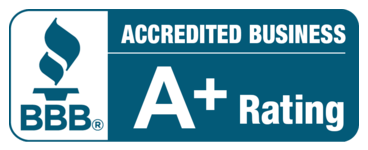Mortgages can be complicated and confusing. Even after securing a mortgage, you may still wonder if you should refinance and when the best time is to do so.
Refinancing your residential mortgage can be a great opportunity to save money or get out of debt faster. However, timing is vital, so it’s essential to plan to ensure you get the best deal and use your money wisely. This article will discuss refinancing, the common reasons for a mortgage refinance, and when to consider doing so.
What is a Mortgage Refinance?
In simple terms, refinancing a mortgage is the process of replacing your current mortgage with a new one. This typically involves taking out a new loan (with the same lender or a new one) to pay off the original loan. This may be a great option if you can take advantage of lower interest rates or consolidate debt at a lower interest rate.
As a homeowner, you will have the opportunity to choose one of the many different options available in Mortgage Refinance Missouri, so it’s essential to understand all of your options before making a decision.
How Do I Refinance My Mortgage?
Refinancing a mortgage consists of the same steps you took when you first obtained your mortgage to finance your home. You need to first speak with mortgage lenders to discuss your options. They will then offer you different loan terms and interest rates.
If these terms work for you, you can agree and lock in the interest rate and complete the required documents. The loan will then go through underwriting, where the lender will assess your financial situation and approve the loan if all criteria are met.
Once the loan is approved and closed, your old mortgage will be paid off by your lender, and you will have a new loan with new terms.
Why Would I Want to Refinance My Mortgage?
There are many reasons people choose to refinance their mortgages. Some do it to take advantage of lower interest rates, while others hope to shorten the length of their loan or free up cash for home improvements or other investments.
Let’s take a deeper look at some of the common reasons people refinance their mortgages:
You Want to Change the Length of Your Loan
Homeowners might want or need to refinance their mortgage to change the length of their loan. Here’s what you need to know when switching to a longer or shorter-term loan-
Longer Loan Terms
If you have trouble making ends meet each month, stretching out your loan term with a refinance could give you some breathing room. A longer loan term will result in lower monthly payments. For example, you can go from a 30-year mortgage to a 40-year mortgage to lengthen the term and lower your payments.
When you lengthen the term of your loan, you may get a slightly higher interest rate and pay more in interest over the life of your loan. However, If you feel your current monthly payments are unmanageable for your budget, it may be an excellent way to ease your financial burden. A refinance can free up cash to invest, build emergency savings, or spend on other needs.
Shorter Loan Terms
When you switch from a 30-year mortgage to a 15 or 20-year mortgage, you’ll likely get a lower interest rate and pay off your home much faster. But, on the other hand, your monthly payments will be higher.
However, If you are financially stable and have a steady income, refinancing your mortgage to a shorter term can be attractive.
You Need Cash For Various Reasons
If you have made regular payments on your mortgage for several years and have built up some equity, you might consider refinancing to free up cash. Equity is a difference between the market value of your home and what you owe on it to your lender. There are two ways to gain equity: You pay off your original loan or your home value increases. You can now use this equity to access cash and use it for any purpose you choose.
Cash-Out-Refinance For Debt
A cash-out refinance lets you take advantage of your equity by taking out a new loan that is larger than your current mortgage and pocketing the difference in cash.
For example, if you have a $200,000 mortgage and $50,000 in equity, this means you still owe $150,000 to your lender. However, you can refinance for more than $200,000, and your lender will give you $50,000 in cash a few days after closing.
This money can then be used to pay off other debts. If you have debts spread out across different interest rates, consolidating these debts into one loan with a lower interest rate can save you money each month. Consolidating can also help you track your overall debt, reduce missed or late payments, and improve your credit score.
Cash-Out-Refinance For Home Improvement
Home repairs can be costly, from fixing broken pipes to replacing the roof. Using the equity in your home to pay for these improvements could help you avoid digging into your savings or taking out personal loans. In addition, because cash-out refinance loans are secured by your home, they typically come with lower interest rates than unsecured loans such as personal loans.
The average 30-year mortgage rate is currently at an all-time low of 3.75%, compared to an average low-interest personal loan rate of 10.68%. This means refinancing your mortgage and taking cash out could help you save money on interest while still allowing you to make the improvements your home needs.
Although you can do anything with the money you access with a cash-out refinance, it’s important to remember that your refinance is still a mortgage loan. Therefore, it is an excellent idea to take an estimate from contractors before you close to get a more accurate picture of how much you need. This will lessen the chance that you take out more money than you need and pay interest on the excess, or you take out too little and finance the rest through another loan.
Cash-Out Refinance For Investing
One of the most powerful tools you can take advantage of is compound interest when it comes to saving for retirement. By investing early and letting your money accumulate over time, you can build a sizable nest egg to help you achieve financial security in the future.
If you have built up some equity in your home, refinancing could be an excellent way to free up extra cash invested in your property. Whether you want to add a new bathroom, renovate your kitchen, or repaint. Upgrades to your home can increase the market value of your property and help you secure a higher return at the sale.
You Want to Convert to a Fixed-Rate Mortgage
An adjustable-rate mortgage generally offers a lower interest rate, but this rate can fluctuate over time. If you are concerned about a potential rise in mortgage rates or want the certainty of knowing what your monthly payments will be for the next 30 years, refinancing into a fixed-rate mortgage may be a good option for you.
It’s important to note that while interest rates on a fixed-rate mortgage will usually be higher than on an adjustable-rate mortgage, you may save money over time if rates rise. This is because, with a fixed-rate mortgage, your monthly payments will stay the same even if interest rates go up, while with an adjustable-rate mortgage, your monthly payments could increase if rates go up.
Read this blog to learn how to refinance your mortgage without an appraisal.
When Should I Refinance My Mortgage?
The answer to this question will depend on several factors, including how long you have left to pay off your current mortgage, how much you still owe, whether your credit score has changed, what the current interest rates are, and how much equity you have in your home.
Generally speaking, refinancing is a great option if:
- You have at least 20% equity in your home.
- You have more than ten years left to pay off your mortgage.
- Your credit score has improved since you first took out your mortgage, as this can help you secure a lower interest rate.
- You can secure a lower interest rate with the new loan than your current mortgage rate.
Ultimately the best time to refinance will depend on your financial situation and needs, so it’s essential to consult a local mortgage lender before making any decisions.
The Bottom Line
Every individual’s situation is different, but a refinance can be very beneficial to some for a variety of different reasons. If you have any questions or want help exploring your options, A1 Mortgage is here to help.
Our team of experienced Missouri mortgage lenders can provide expert guidance and help you find the best refinance solution for your needs. So whether you’re looking to lower your monthly payments, consolidate debt, or access cash for investments, refinancing may be the right option for you. Contact us today to get started!














